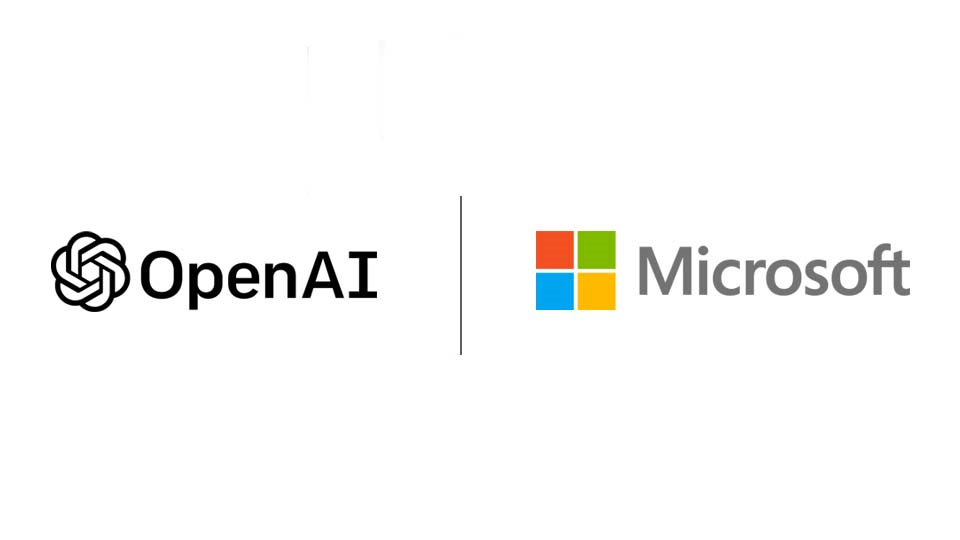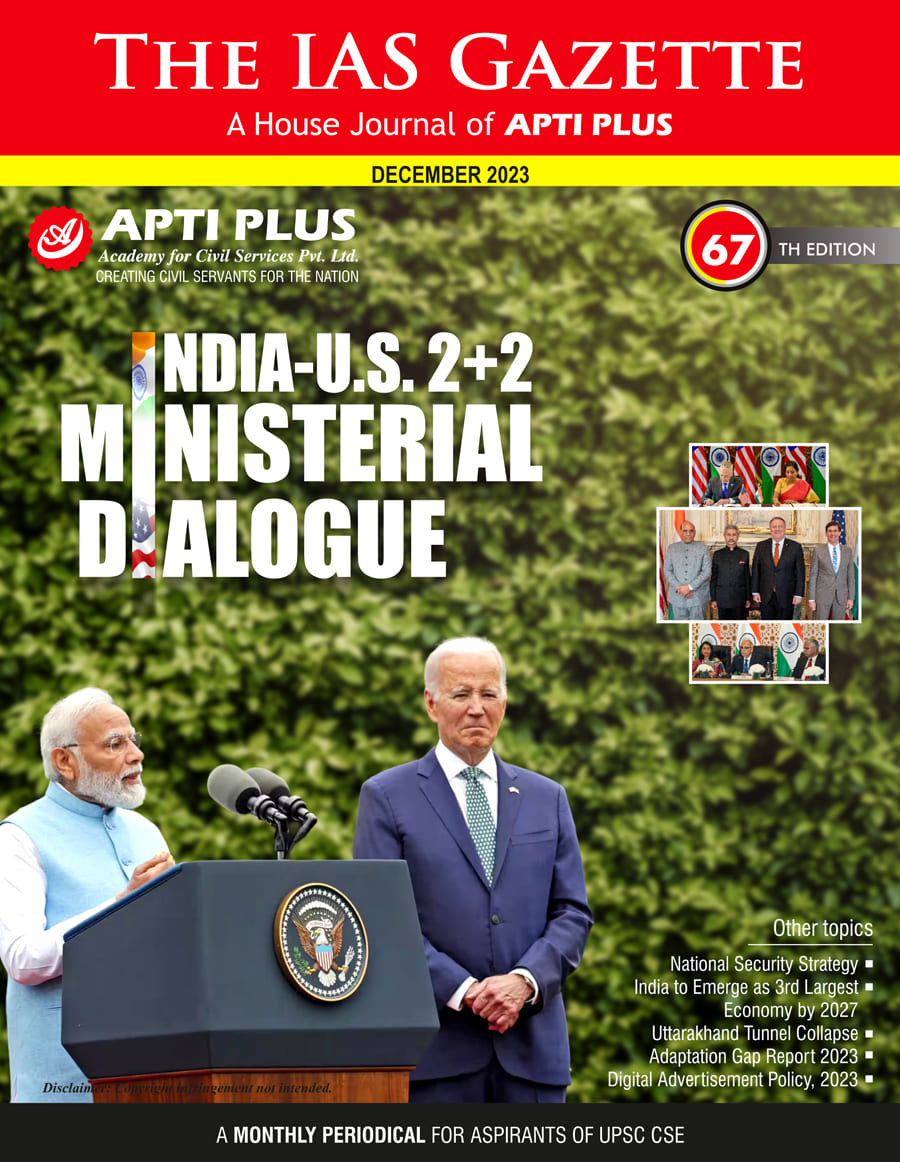Description

Disclaimer: Copyright infringement not intended.
Context
- The lawsuit brought by The New York Times against OpenAI and Microsoft is a pivotal moment that could shape the legal landscape concerning intellectual property (IP) rights in the era of generative AI platforms.
Details
Lawsuit
- The New York Times (NYT) initiated legal action against OpenAI and Microsoft, alleging unlawful utilization of copyrighted NYT content for training AI models like ChatGPT.
- The lawsuit argues that these entities used NYT's articles without proper authorization, leading to the creation of AI products that mimic and compete with NYT's journalistic content.
Contentions by NYT:
- NYT claims that millions of its articles were employed to train AI chatbots, resulting in these chatbots becoming competitors as a credible source of information.
- Despite attempts to resolve concerns by engaging with Microsoft and OpenAI in discussions since April, a mutually acceptable agreement wasn't reached.
Alleged Impact and Damages:
- The lawsuit contends that AI models such as ChatGPT and Copilot have the ability to generate outputs closely resembling NYT's content, affecting the publication's relationship with its audience.
- A key concern highlighted in the lawsuit is the potential damage to NYT's brand credibility due to AI-generated misinformation, termed "hallucination."
Copyrighted Content and Financial Loss:
- The unauthorized use of copyrighted NYT content for training AI models poses a significant threat to the publication's revenue streams, including subscriptions, licensing, advertising, and overall brand value.
- In August, NYT took measures to block OpenAI's web crawler, intending to prevent further unauthorized usage of its content for training AI models.

Broader Implications for AI and IP Rights
- This lawsuit marks a critical juncture in determining intellectual property (IP) rights concerning original content used by AI platforms like ChatGPT, setting potential precedents for future regulations and agreements in AI and IP rights.
- Beyond news publishers, industries such as music are grappling with similar AI use and copyright concerns.
Legal and Regulatory Challenges
- The legal dispute unfolds within the context of outdated global copyright laws, including India's Copyright Act of 1957, which inadequately addresses the nuances of AI-generated content.
- The current legal definition of an "author" does not sufficiently encompass AI's reliance on pre-existing copyrighted datasets for information generation.
Overview of OpenAI and ChatGPT
- OpenAI, a renowned AI research company, is best known for developing ChatGPT, an AI conversational chatbot capable of generating responses, stories, essays, and aiding in software code creation.
- ChatGPT operates on Large Language Models (LLMs), necessitating substantial data for training and understanding human language patterns.
Debate over ChatGPT's Data Source:
- Companies like OpenAI use web crawlers to compile datasets for training LLMs, but often keep specifics about the training data undisclosed, leading to concerns over the sources and utilization of this data.
- In response to concerns over copyright violations, news outlets like NYT took measures by blocking web crawlers used by OpenAI to prevent unauthorized scraping of their content for AI model training.
- Notably, while search engines utilize snippets of news articles to direct traffic to news websites, the concern lies in OpenAI's use of publicly available data, which does not seem to offer direct reciprocal benefits to news companies.

Conclusion
This lawsuit could potentially establish new precedents in defining ownership and usage rights of content in the context of AI-generated outputs, influencing future regulations and agreements surrounding AI and intellectual property.
|
PRACTICE QUESTION
Q. Examine the potential impact on intellectual property (IP) rights in the era of generative AI platforms. (250 Words)
|
















